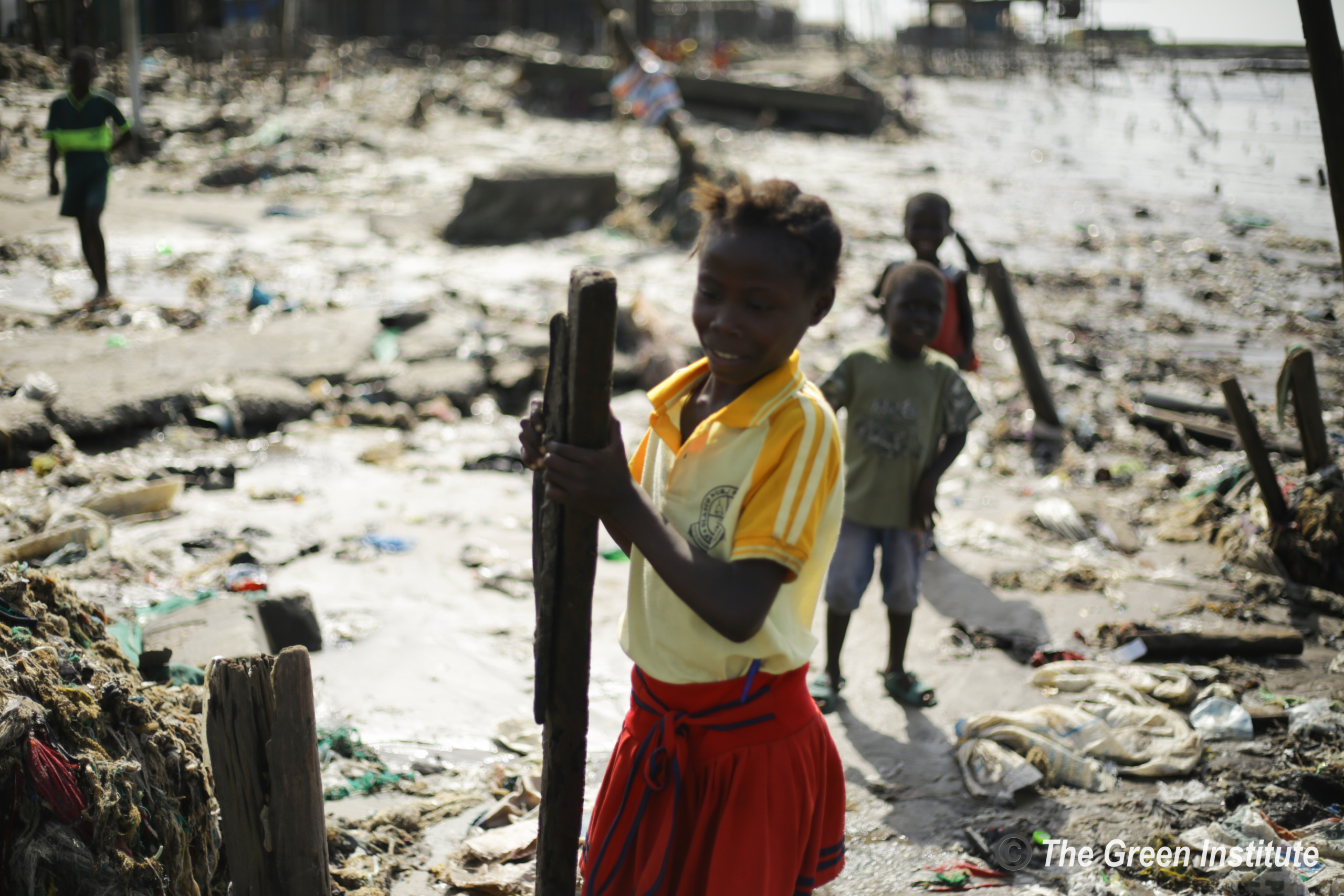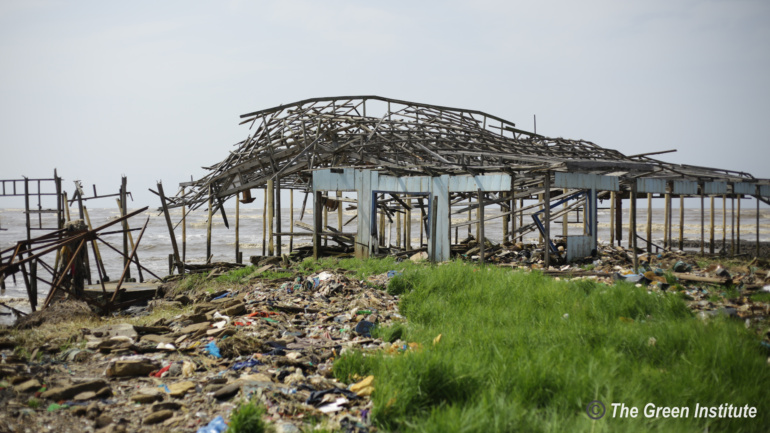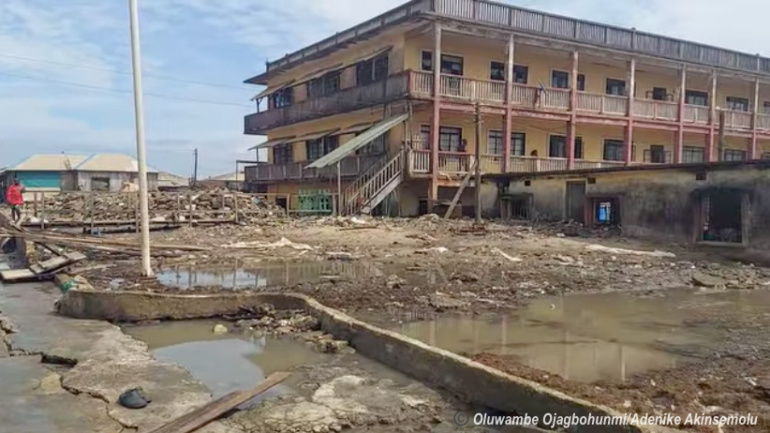In Aiyetoro, the sound of children’s laughter once echoed through the sandy streets and across the lagoon. Childhood in the “Happy City” was simple, joyful, and deeply tied to the rhythm of the sea. For generations, play was not just recreation—it was a way of learning, of bonding, and of building the spirit of community.
Games by the Sea
How strong is your museum’s website as part of the whole offer? Does it reflect your identity as an organiFrom sunrise to sunset, the broad streets of Aiyetoro were alive with children. Boys and girls invented games with whatever materials they could find—empty tins became drums, carved wood became toy boats, and coconut shells became balls. Barefoot and free, they chased one another through the sandy lanes, while the sea breeze carried their voices far beyond the town.
The lagoon was their playground too. Some children raced small canoes, while others floated on makeshift rafts built from bamboo and old planks. Swimming came as naturally as walking, and by the age of five, many could dive into the water with the skill of seasoned fishermen.
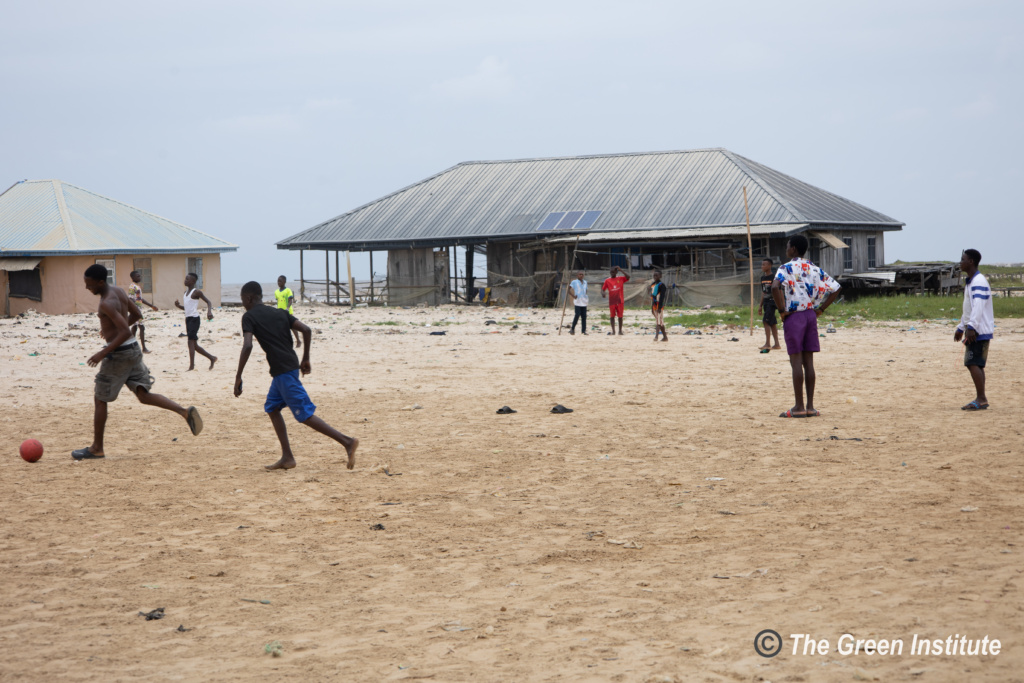
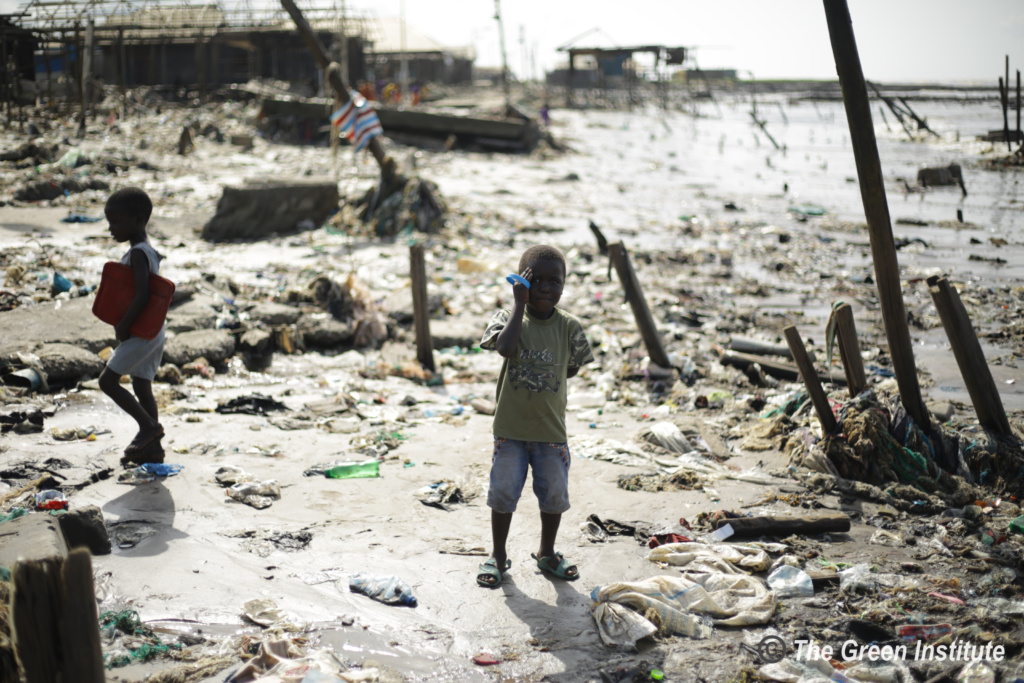
Songs and Stories
Play was not only physical—it was cultural. Children sang folk songs in Yoruba, clapping in rhythm as they danced in circles. These songs carried lessons about honesty, hard work, and community spirit. In the evenings, after play, they gathered around elders who told stories of ancestors, the sea, and the founding of Ayetoro. For the children, these moments wove joy with memory, laughter with learning.
Helping Hands, Playful Hearts
In Ayetoro, children’s lives were also shaped by responsibility. Between games, they helped their parents—fetching water, carrying fish, or sweeping compounds. Yet, even in these duties, play was never far away. A child sent to deliver palm oil might race with friends on the way. A group carrying nets to the shore might stop to splash in the lagoon.
One elder remembered with a smile:
“In those days, our children knew how to work, but they also knew how to laugh. Even with nothing, they created everything.”
Resilience in Play
Even as the sea began to erode parts of the town, children found ways to adapt their games. Where streets disappeared, they turned open sands into football fields. Where houses collapsed, they built forts from driftwood. Their laughter continued to echo, even in the face of loss. For the people of Ayetoro, this resilience was a reminder that joy can exist even in hardship.
Legacy of Joy
Today, many of those children are elders, carrying the memory of their carefree days in Ayetoro. They tell stories of how play made them strong, taught them unity, and gave them hope. Though the town has changed, the memory of children playing remains a symbol of what made Ayetoro unique: a community where even the youngest found freedom, joy, and belonging.
The laughter of children in Ayetoro was more than play—it was the heartbeat of the Happy City.

